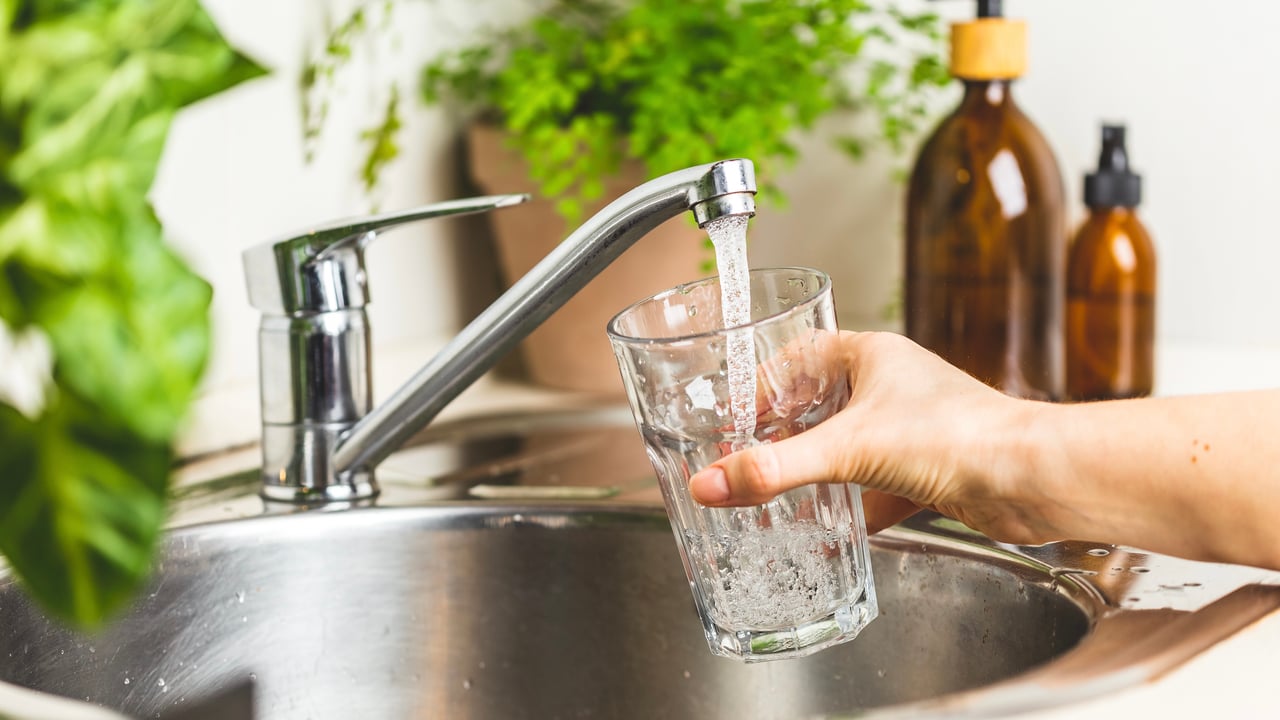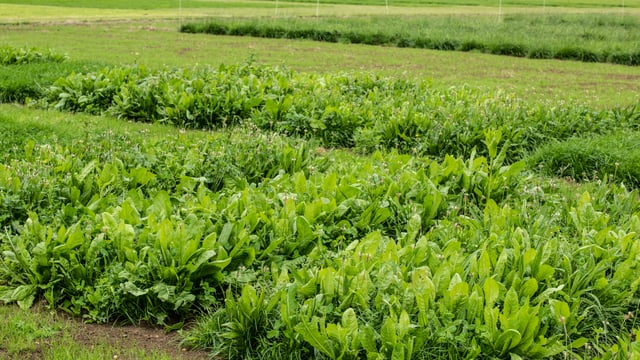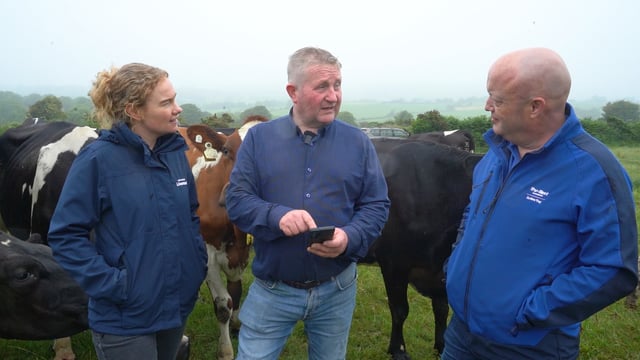EPA: Over 560,000 people on 'at risk' public water supplies
The number of people served by “at risk” public water supplies in 2023 stood at 561,000, according to the Environmental Protection Agency (EPA).
This marks an increase of 80,000 when compared to the previous year's figure of 481,000.
The EPA said that the increase was due to detections of persistent chemical compounds called trihalomethanes (THMs) and the microscopic parasite, cryptosporidium.
The Drinking Water Quality in Public Supplies Report 2023, published today (Wednesday, June 3) shows that that overall public drinking supplies standards are very high.
99.7% of samples from public water supplies comply with bacterial and chemical limits, meaning that it is safe to drink.
However, the EPA said that some supplies still lack robust treatment measures to guarantee their long-term resilience and safety.
57 supplies were on the EPA’s Remedial Action List (RAL), which identifies "at-risk" supplies at the end of 2023, compared to 58 at the end of 2022.
While 10 supplies were removed from the RAL last year following improvement works, a further nine “at-risk” supplies that were added to the list.
1 in 20 supplies failed to meet the THM standard in 2023 and supplies on the RAL for THM’s are impacting almost 300,000 people.
The EPA said that a greater effort is needed by Uisce Éireann to implement improvements at supplies to minimise exposure to THM’s, including at major supplies such as Limerick City, and Kilkenny City.
The report shows that 91 boil water notices and 12 water restrictions were in place in 2023, affecting over 255,000 people.
This is up from 79 boil water notices which were issued in the previous 12 months.
The number of long-term boil water notices was 46 in 2023, almost double the number from the previous year. This means that the notice was in place for more than 30 days.
Pesticides limits were exceeded in 23 supplies, compared to 17 in 2022. Over half of these exceedances were due to the herbicide MCPA.
The EPA said that E. coli bacteria was detected in four supplies in 2023.
Noel Byrne, EPA programme manager, said that progress to remove lead from our supply networks to protect public health is not fast enough.
“Lead in our drinking water is a cumulative risk to human health and must be removed from our drinking supply network.
"Despite Ireland having a National Lead Strategy in place since 2015 progress to date has been far too slow.
"Uisce Éireann must accelerate the rollout of their lead mitigation plan to deal with the public supply network.
"The Department of Housing, Local Government and Heritage and Department of Health must outline their plans for lead replacement in public buildings and householders with lead pipes in their homes should avail of the enhanced lead remediation grant scheme to protect their health," he said.





